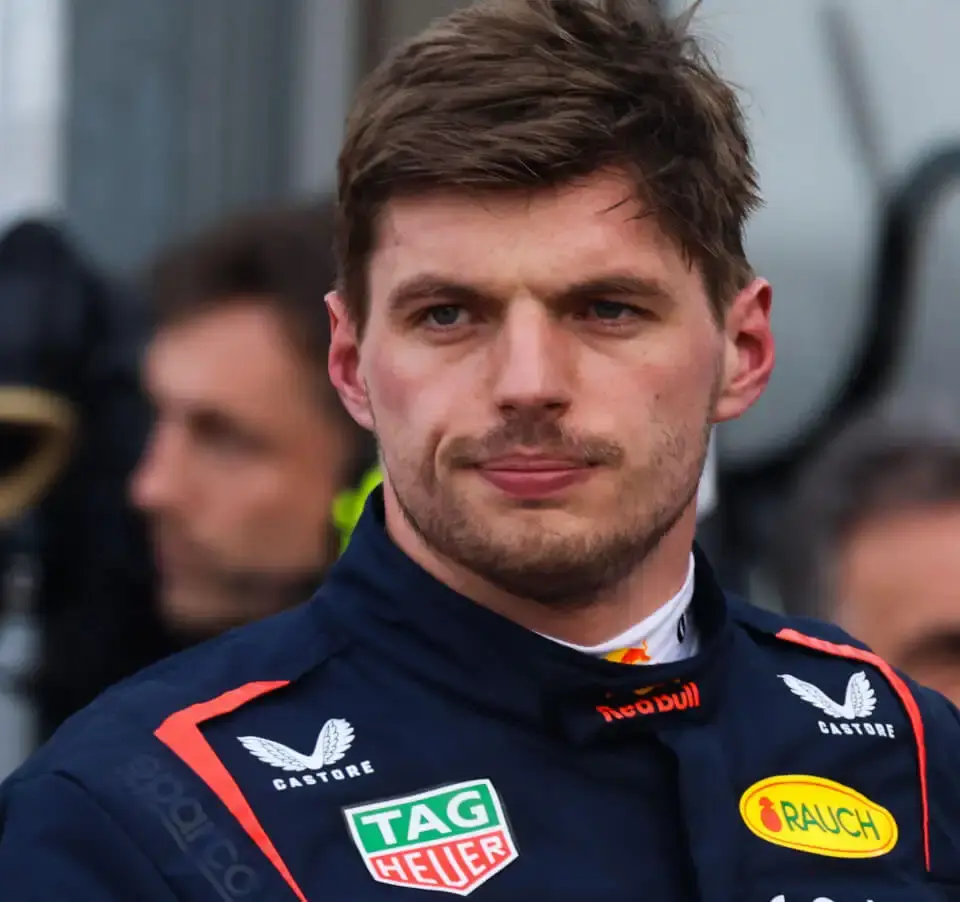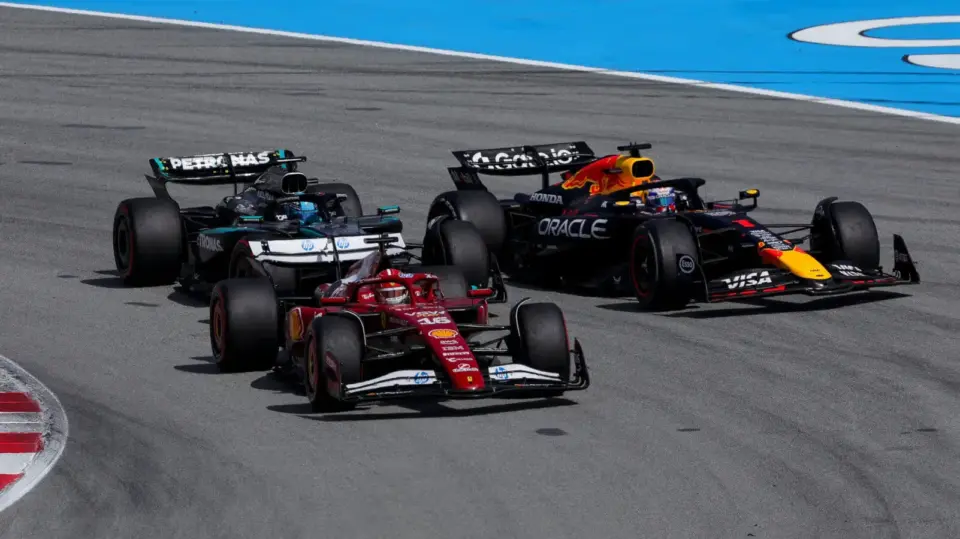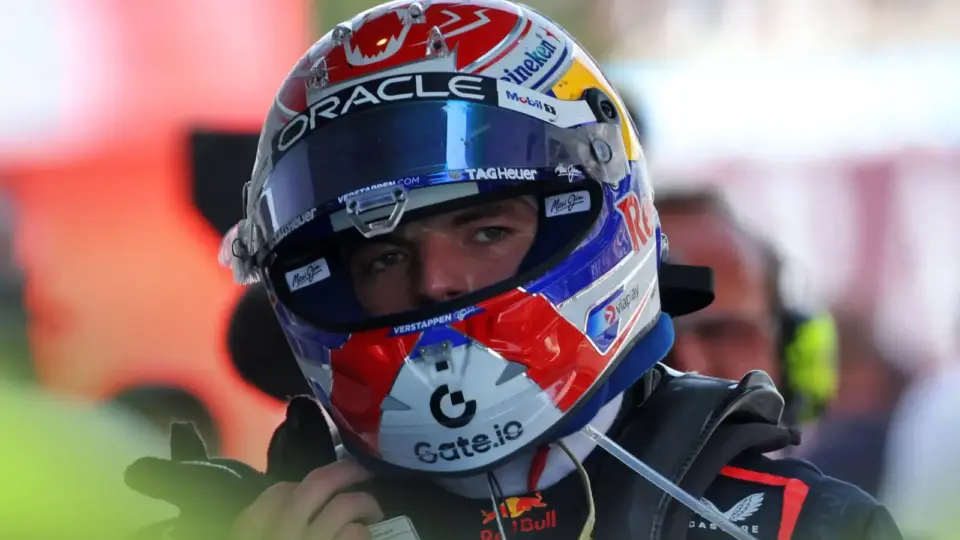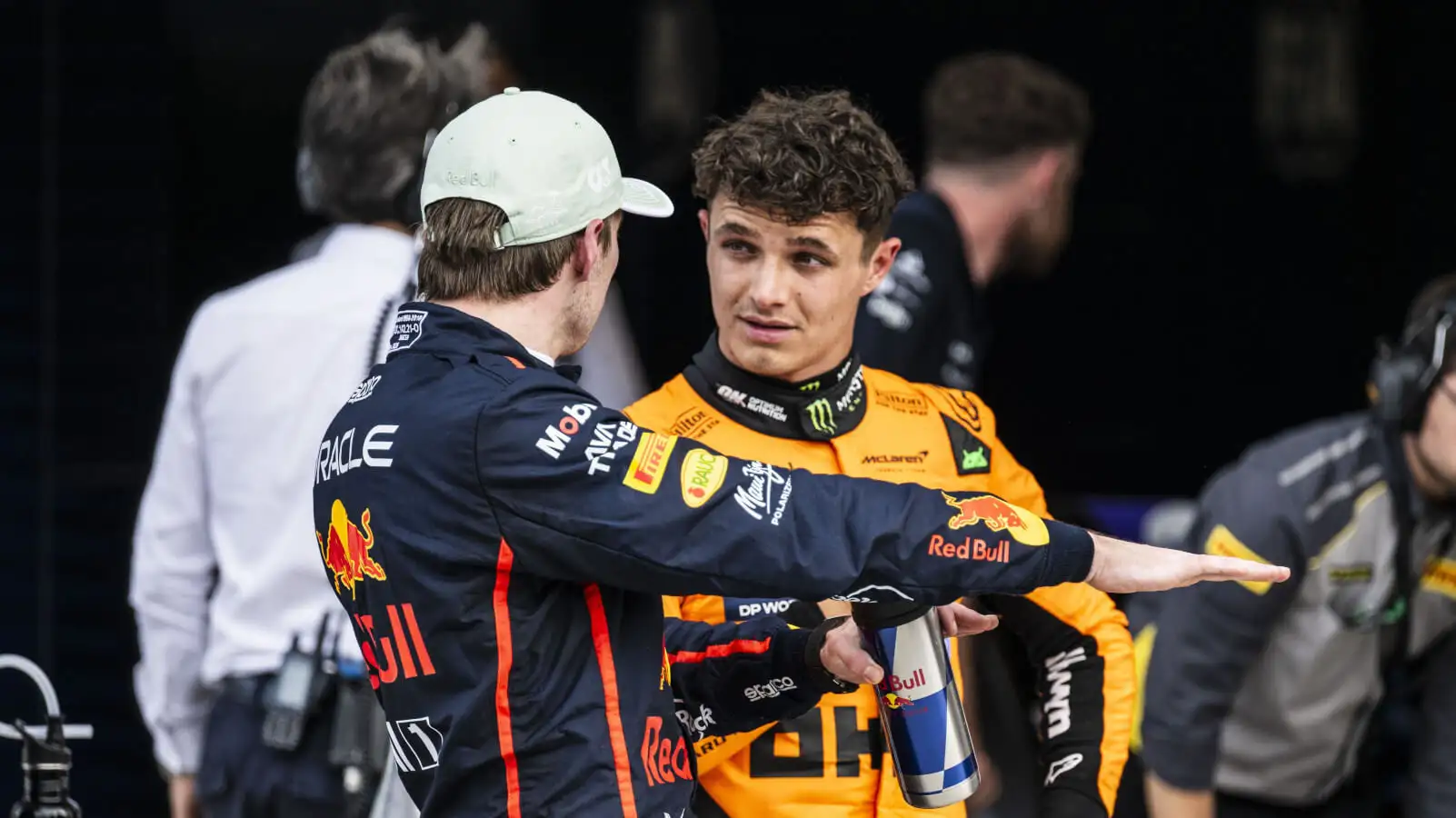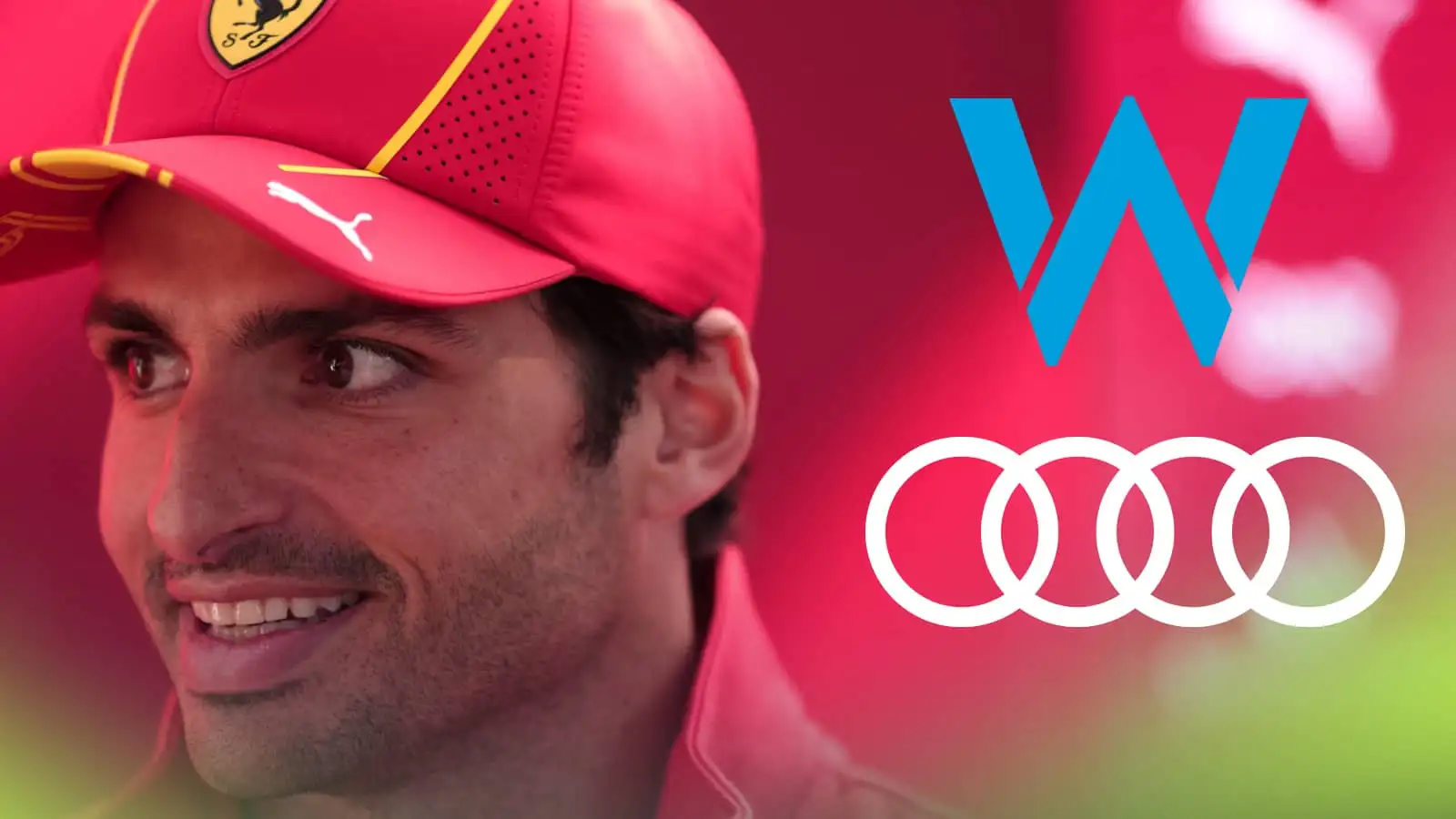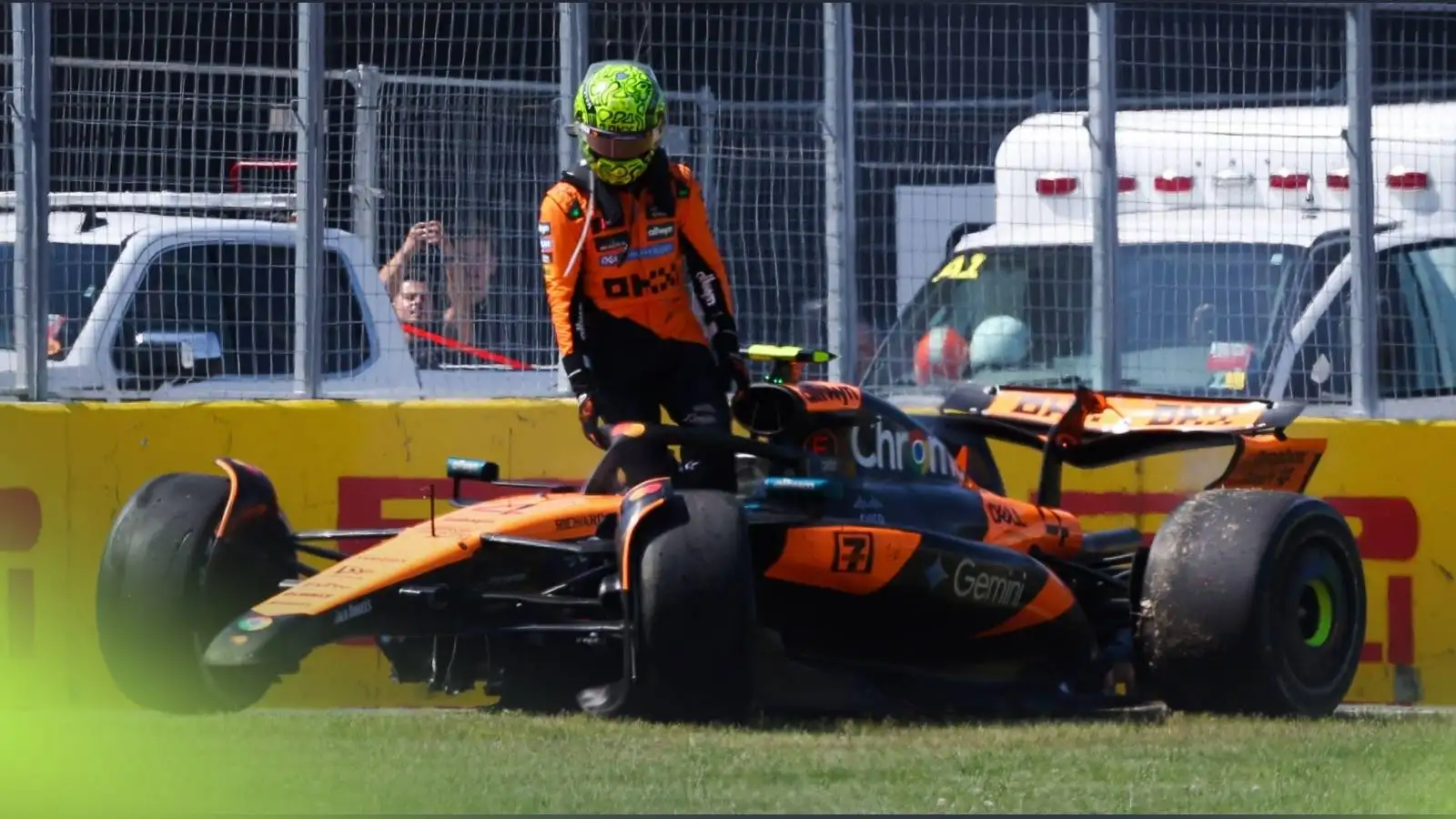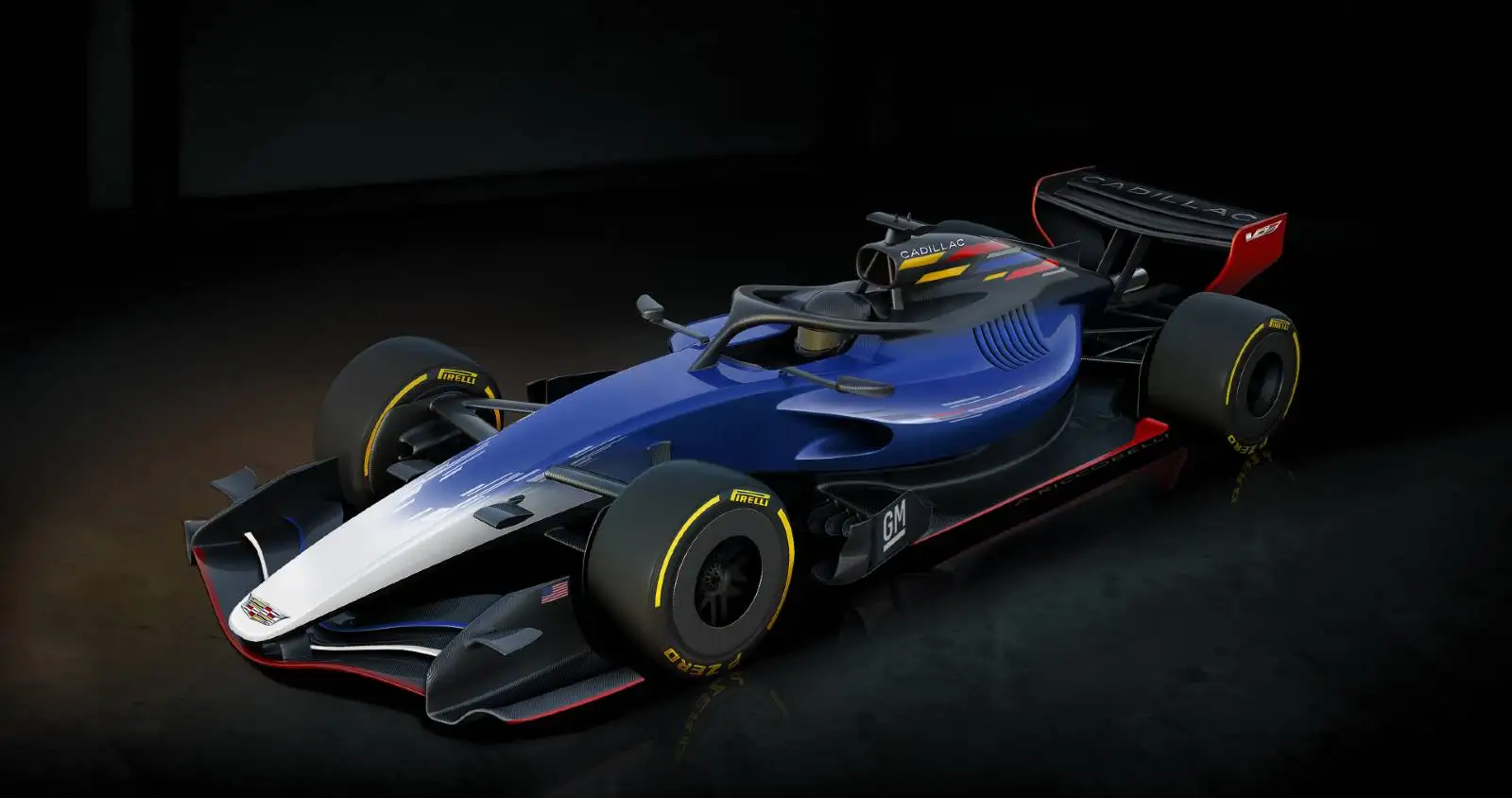In the adrenaline-packed world of Formula 1, a surprise twist often lurks around every corner, and the recent Spanish Grand Prix was no exception. It was an intense showdown that left gasps echoing through the stands as Max Verstappen’s dramatic clash with George Russell became the talk of the paddock. But while many pundits weighed in with their opinions, none was as theatrical as Nico Rosberg’s call to have Verstappen black-flagged.
The controversy began when Verstappen found himself in a precarious position, just a whisper away from a race ban after a collision with Russell during the Spanish Grand Prix. The scuffle ensued after Verstappen, who was attempting to make the most of a restart that had been triggered by Andrea Kimi Antonelli’s car failure, struggled to maintain momentum on his hard tires.
As the race unfolded, Verstappen was caught in the middle with Charles Leclerc and Russell breathing down his neck. A shuffle saw him drop down an escape route in a bid to maintain his edge over Russell. However, when Red Bull instructed him to concede his position to the Mercedes driver, Verstappen’s compliance was questionable. At Turn 5, instead of a smooth pass, a sudden swerve led to an unexpected crash between the two drivers.
Nico Rosberg, renowned for his flamboyant commentary, didn’t mince words. He was quick to claim that Verstappen’s maneuver was a deliberate act designed to send a message. “He needs to get black flagged,” Rosberg vehemently stated on Sky F1, describing the incident as “seriously bad” and “horrible.”
Rosberg’s declaration sent ripples through the motorsport community, but Christian Horner, the Red Bull team boss, was quick to address the claims with a touch of humor. Horner dismissed Rosberg’s assertion as nothing more than sensationalism, suggesting that Rosberg’s flair for the dramatic played a big part in his appraisal. “Nico’s quite sensational in the way he commentates, so we’ll leave it there,” Horner quipped.
Verstappen also had his say, responding to Rosberg’s accusations with a calm demeanor. He acknowledged the former champion’s right to his opinion but firmly denied any malicious intent behind the wheel, attributing the incident to a “misjudgement.” The race stewards, agreeing that Verstappen appeared dissatisfied with the mandate to yield the spot back to Russell, noted that the abrupt acceleration led to the mishap.
The consequence of this altercation was not minor for Verstappen. He was handed a 10-second penalty by the stewards, which relegated him from fifth to tenth place in the final results, along with three penalty points on his Super Licence. This put him precariously at 11 points, just one away from a potential race suspension.
In the aftermath, Verstappen’s stance remained steady. When questioned further, he simply reiterated that it was a racing incident and nothing more sinister. “No,” he answered, brushing off suggestions of intentional collision. Meanwhile, Rosberg’s critique continued to fuel discussions among fans and experts alike.
As the dust settles on this dramatic chapter in the Formula 1 saga, one thing is clear—tensions and opinions run high, especially when the stakes are so significant. While Christian Horner and Max Verstappen maintain their composed stance in the face of criticism, Nico Rosberg’s explosive commentary highlights the passion and intensity that defines Formula 1 racing. Whether or not Verstappen’s actions in Spain deserve further scrutiny remains to be seen, but it is clear that in the world of motorsport, controversies often spark as much excitement as the races themselves.
